Join us in
Support
of our loved ones
Recovering From Trauma
Trauma is a deep emotional, psychological, and physiological response to a distressing or disturbing event. It can overwhelm a person’s ability to cope, manifesting in various ways like anxiety, depression, flashbacks, and emotional numbness. On the other hand, grief is a natural response to loss, often tied to death or a significant life change. While both trauma and grief can coexist, trauma tends to be more persistent and disruptive, affecting one's ability to function in daily life, whereas grief, while intense, can eventually be processed over time.
Families impacted by police violence often find themselves grappling with both trauma and grief. The sudden loss of a loved one can lead to profound grief, while the violent circumstances of their death can create lasting trauma—anxiety, distrust, and a feeling of constant fear or vulnerability. Additionally, these families face not just the emotional toll of the loss, but also the systemic and societal challenges that come with fighting for justice and recognition.
Healing from such intense experiences requires time, support, and a variety of coping strategies. Here are some approaches that can help families on the path to healing:
-
Therapy and Counseling: Professional support is invaluable. Seeking out a trauma-informed therapist can guide individuals through the complex emotions they experience. You can explore counseling options to find support groups or individual counselors specialized in trauma recovery.
-
Relaxation and Mindfulness: Practices like nature therapy, art therapy, meditation, and journaling can help ground individuals in the present moment and reduce stress. Engaging with nature or creating art can provide emotional expression and relief, while journaling and meditation can create space for introspection and healing.
-
Support Networks: Connecting with others who have experienced similar losses, such as advocacy groups or online communities, can help provide validation, support, and shared experiences.
-
Physical Care: Sometimes, trauma and grief can manifest in the body. Gentle movement, like yoga or walking in nature, can help release tension and bring balance to both body and mind.
Remember, healing is not linear. It's a personal journey, and seeking help, in whatever form that takes, is an essential first step.

Support for Impacted Families
We understand that coping with the aftermath of police violence can be an overwhelming experience, and no family should have to navigate it alone. That’s why we’re offering funding to support families affected by this trauma. This financial assistance can help with counseling, therapy, and other healing resources, ensuring that families have access to the support they need during this difficult time.
If you or someone you know could benefit from this funding, please reach out to us. We’re here to help. Simply get in touch, and we will send you a form to get started with the application process. Your healing matters, and we want to make sure you have the resources to move forward in the best way possible.
Aligned organizations working for justice and support for families
- Protect Our Stolen Treasures (POST)
- Families Supporting Families Against Police Violence
- Communities United Against Police Brutality(Minneapolis/St. Paul)
- Mothers Against Police Brutality(Dallas, Texas)
- Washington Coalition for Police Accountability (Washington State)
- Portland Copwatch(Portland, Oregon) (police accountability)
- Everytown USA(National organization fighting gun violence)
- NAMI in Oregon (National Alliance on Mental Illness)
- Mental Health Alliance(Portland, Oregon)
- Oregon Justice and Resource Center (OJRC), (works for criminal-legal system reform)
- Standing Up for Racial Justice (SURJ)
- Clackamas County Chapter
- Eugene/Springfield Chapter
- Partnerships for safety and justice(Oregon, works for criminal-legal system reform)
- National Association for Civilian Oversight of Law
Enforcement(NACOLE) - October 22nd Coalition to Stop Police Brutality, Repression, and the Criminalization of a Generation
- Stolen Lives Project
- National Police Accountability Project
- Center for Policing Equity
- Moms of Black Boys
- Justice for All Stolen Lives
